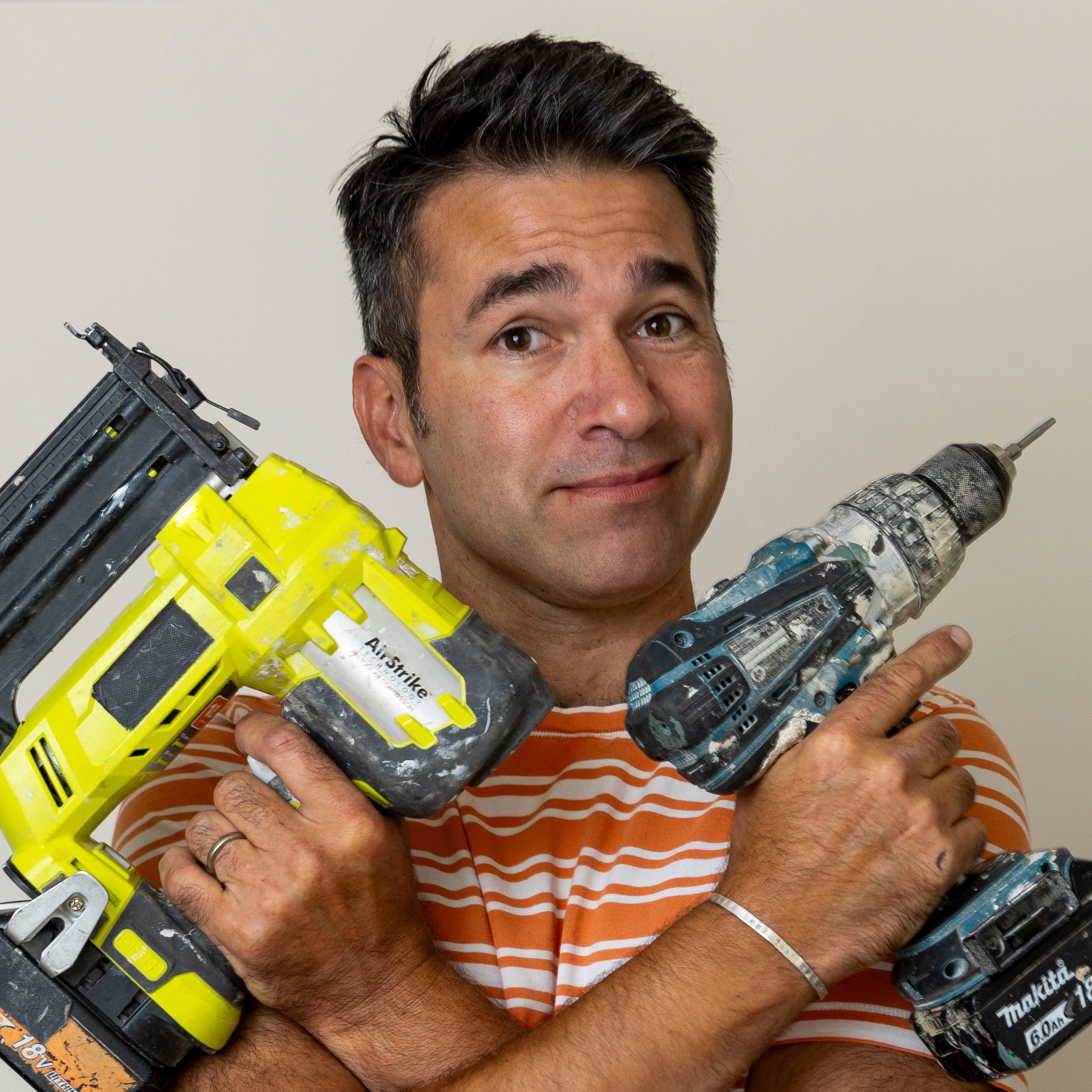A Mother’s Heartbreaking Journey after Losing Her Son to Suicide
In May 2023, my life took a devastating turn. On a seemingly ordinary spring evening, two police officers arrived at our west London home to deliver the heartbreaking news that our beloved 21-year-old son, Omar, a university student, had taken his own life. Even after two years, I struggle to articulate the profound aftermath of this tragedy that lingers with me each day.
Omar was nearing the end of his second year studying biosciences at the University of Liverpool. He seemed genuinely happy, thriving, and full of passion for life. Just weeks prior, my husband, Rashid, and I had remarked on how proud we were of Omar’s successful transition into adulthood. We felt comforted knowing he was doing well at university, embodying the qualities of a mature, empathetic, and wise young man. Our worries seemed distant, but just nineteen days later, Omar was gone.
The shock of Omar’s suicide was overwhelming. Breaking the news to our other children, Talib and Afra, was the most painful experience we’ve ever faced. Omar and Talib, nearly the same age, shared an unbreakable bond throughout their childhood, while Afra, as the youngest, was always cherished by Omar. Our family now grapples with the emotional devastation of an unforeseen disaster. There were no indications that Omar was struggling; he appeared to be the embodiment of health and happiness. This reality underscores a chilling truth about suicide: it can affect anyone, at any moment.

Following his death, we discovered that Omar had confided in a close friend about feeling anxious, but he never expressed that he was suicidal. Why did he keep such thoughts to himself? Omar was deeply aware of the love surrounding him and must have understood that his actions would shatter our hearts. I believe he experienced profound shame about contemplating such a drastic choice, which may have led him into a painful cycle of secrecy. The weight of concealing such a heavy burden likely deepened his sense of isolation. It’s unbearable to imagine the suffering he endured.
There is a pressing need for open conversations about suicide. I am convinced that had Omar felt he could discuss his darkest thoughts, he might have been able to lessen their hold on him and seek help. However, on the night of his death, he may have reached an intolerable place of despair, entering a state where rational thinking is overwhelmed by instinctive survival responses. The tragic irony may be that in seeking relief, my son chose to end his life.
After his passing, we began supporting James’ Place, a charity dedicated to providing vital free help to men facing suicidal crises in locations such as Liverpool, London, and Newcastle. I firmly believe they could have offered our son the support he needed, had he been able to reach out in time.
Since losing Omar, I find myself reflecting on and discussing suicide daily, giving a voice to what he couldn’t articulate. I share my son’s story openly, and often, this prompts others to offer their own experiences of losing someone to suicide. Many express gratitude for the conversation, and some feel relieved to finally speak about their own hidden grief.
Now, our family faces an ongoing struggle with profound pain and no clear path through this unfamiliar territory, yet we strive to move forward with love. Talib is the age Omar was when he passed and is training to teach history and math at their former secondary school. Afra is pursuing her education with determination in sixth form. They appear to embrace life for their brother with renewed vigor. While I cannot fathom their loss, I am immensely proud of their resilience.
As Omar’s mother, he is ever-present in my thoughts. Our deep bond continues to fortify me throughout this journey of grief. His love, despite his absence, has become a source of strength for me and an additional anchor in my marriage. Life now intertwines joy and sorrow, compelling me to celebrate both. Most importantly, I feel driven to understand how this tragedy unfolded and to help prevent similar heartbreak for other families.

While society is progressively improving discussions around mental health, suicide remains a significant taboo. In the past, broaching the subject of suicide when discussing mental health with my children never crossed my mind. Now I recognize that feelings of being overwhelmed and thoughts of ending one’s suffering are more common than many dare to accept. It is crucial to communicate with our children about these feelings so that they recognize there is no shame in reaching out for help. Additionally, we must learn how to address the issue candidly when a loved one dies by suicide to avoid perpetuating the shame and secrecy that may contribute to such tragedies.
In the UK, suicide is the leading cause of death among individuals under 35, with a staggering 75% of these cases involving boys and young men. Last year, I created a website to honor my extraordinary son and promote further dialogue about suicide. I hope it can encourage other young men like Omar to share their hidden struggles, as talking about suicide can and does save lives.




Post Comment